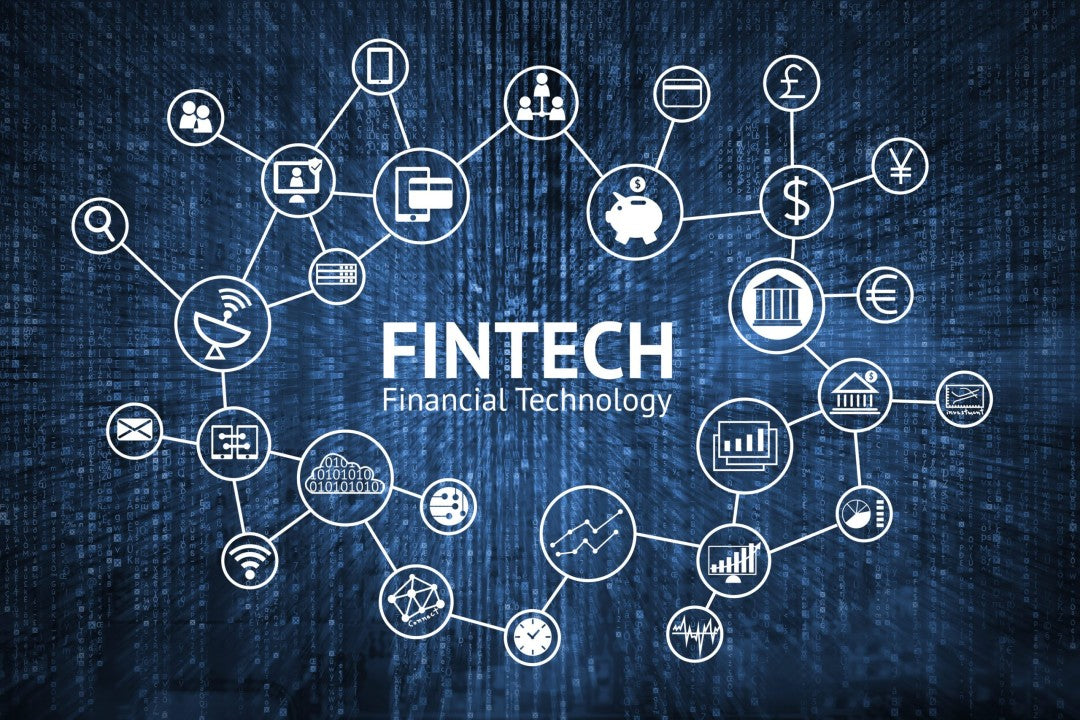
The Evolution of FinTech: Disrupting Traditional Banking and Finance
Share
Financial Technology, commonly known as FinTech, has significantly transformed the landscape of banking and finance. From its origins in the early 2000s to its current status as a driving force in the financial industry, FinTech has reshaped how consumers and businesses manage money, access financial services, and conduct transactions. This article explores the evolution of FinTech, its impact on traditional banking, and the future of financial technology.
The Emergence of FinTech
FinTech emerged as a response to the growing demand for more efficient, accessible, and user-friendly financial services. The term "FinTech" encompasses a wide range of technologies and innovations aimed at improving financial services through digital solutions. Key developments include:
- Online Banking: The rise of online banking platforms revolutionized how consumers interact with their banks, offering convenient access to account information, transactions, and financial management tools.
- Mobile Payments: Mobile payment solutions, such as digital wallets and peer-to-peer payment apps, have enabled users to make transactions using their smartphones, reducing the need for physical cash and cards.
- Blockchain and Cryptocurrencies: Blockchain technology and cryptocurrencies like Bitcoin introduced decentralized financial systems, offering new ways to store and transfer value without traditional intermediaries.
- Robo-Advisors: Robo-advisors use algorithms to provide automated investment advice and portfolio management, making investing more accessible and affordable for individuals.
Disrupting Traditional Banking
FinTech innovations have significantly disrupted traditional banking and financial services in several ways:
- Enhanced Accessibility: FinTech solutions have democratized access to financial services, enabling individuals and businesses in underserved regions to participate in the financial system. This includes access to banking services, investment opportunities, and credit facilities.
- Increased Efficiency: Digital platforms streamline financial processes, reducing the time and cost associated with traditional banking. Automated systems for payments, transfers, and loan approvals enhance operational efficiency and customer experience.
- Personalization: FinTech companies leverage data analytics and artificial intelligence to offer personalized financial services. Tailored recommendations, customized financial products, and targeted marketing enhance customer engagement and satisfaction.
- Disintermediation: FinTech eliminates intermediaries in financial transactions, such as brokers and clearinghouses, reducing costs and improving transaction speed. This has led to the rise of direct lending platforms and peer-to-peer investment opportunities.
- Innovative Payment Solutions: FinTech has introduced innovative payment methods, including contactless payments, digital currencies, and cross-border payment solutions, enhancing convenience and security in financial transactions.
Key Trends in FinTech
Several key trends are shaping the future of FinTech:
- Artificial Intelligence and Machine Learning: AI and machine learning are driving advancements in fraud detection, customer service, and financial analysis. These technologies enable more accurate predictions, automated decision-making, and enhanced risk management.
- RegTech: Regulatory technology (RegTech) focuses on improving compliance and risk management through automation and advanced analytics. RegTech solutions help financial institutions adhere to regulations, reduce compliance costs, and enhance transparency.
- Open Banking: Open banking initiatives promote the sharing of financial data between institutions and third-party providers through application programming interfaces (APIs). This fosters innovation, competition, and the development of new financial products and services.
- Decentralized Finance (DeFi): DeFi leverages blockchain technology to create decentralized financial systems that operate without traditional intermediaries. DeFi platforms offer services such as lending, borrowing, and trading through smart contracts and decentralized protocols.
- FinTech Integration: Traditional financial institutions are increasingly integrating FinTech solutions to enhance their services and stay competitive. Collaborations between banks and FinTech startups are driving innovation and improving customer experiences.
Challenges and Considerations
While FinTech offers numerous benefits, it also presents challenges and considerations:
- Regulatory Compliance: The rapidly evolving FinTech landscape poses challenges for regulatory compliance. Financial institutions and FinTech companies must navigate complex regulations and ensure data security, privacy, and consumer protection.
- Cybersecurity Risks: The increased reliance on digital platforms exposes FinTech companies and users to cybersecurity threats. Protecting sensitive financial data and preventing fraud are critical concerns for the industry.
- Digital Divide: The digital divide remains a challenge, with some populations lacking access to technology and digital financial services. Ensuring financial inclusion and bridging the gap between different demographic groups is essential for equitable growth.
- Market Saturation: The growing number of FinTech startups and solutions can lead to market saturation and increased competition. Companies must differentiate themselves through innovation, user experience, and value-added services.
The Future of FinTech
The future of FinTech is poised for continued growth and innovation:
- Advancements in Technology: Emerging technologies, such as quantum computing and augmented reality, will drive further advancements in FinTech. These innovations will create new opportunities for financial services and enhance user experiences.
- Global Expansion: FinTech is expected to expand globally, with increased adoption in developing markets and emerging economies. International collaboration and cross-border solutions will play a significant role in shaping the future of financial technology.
- Focus on Sustainability: FinTech companies are increasingly focusing on sustainability and social impact. Integrating environmental, social, and governance (ESG) considerations into financial services will contribute to a more sustainable and responsible financial ecosystem.
- Enhanced Customer Experience: The emphasis on personalization, convenience, and user-centric design will drive improvements in customer experience. FinTech solutions will continue to evolve to meet the changing needs and preferences of consumers.
Conclusion
The evolution of FinTech has significantly disrupted traditional banking and finance, offering new possibilities for financial services and transforming how individuals and businesses manage money. As technology continues to advance, FinTech will play a pivotal role in shaping the future of finance, driving innovation, and improving accessibility. Embracing the opportunities and addressing the challenges of FinTech will be key to harnessing its potential and fostering a more inclusive and efficient financial system.
